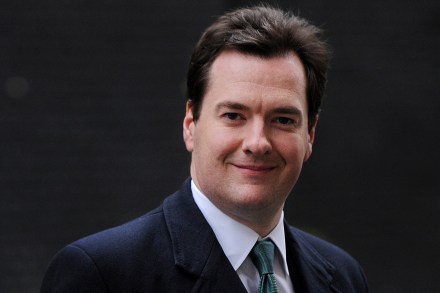Osborne’s grand merger?
George Osborne’s Budget — his plan to deliver us from “rescue to recovery,” apparently — is less than a week away, and the wildfire of speculation is taking hold. Perhaps the most intriguing titbit in today’s papers is one that also appeared in the Express last Saturday: that Osborne is considering merging income tax and national insurance. This is a measure that the Office for Tax Simplification recommended in a report last week, suggesting that it would ease the administrative burden on small businesses. Yet that simply echoes a viewpoint that stretches back decades. This IFS report, for instance, quotes an article published by the British Tax Review during the















